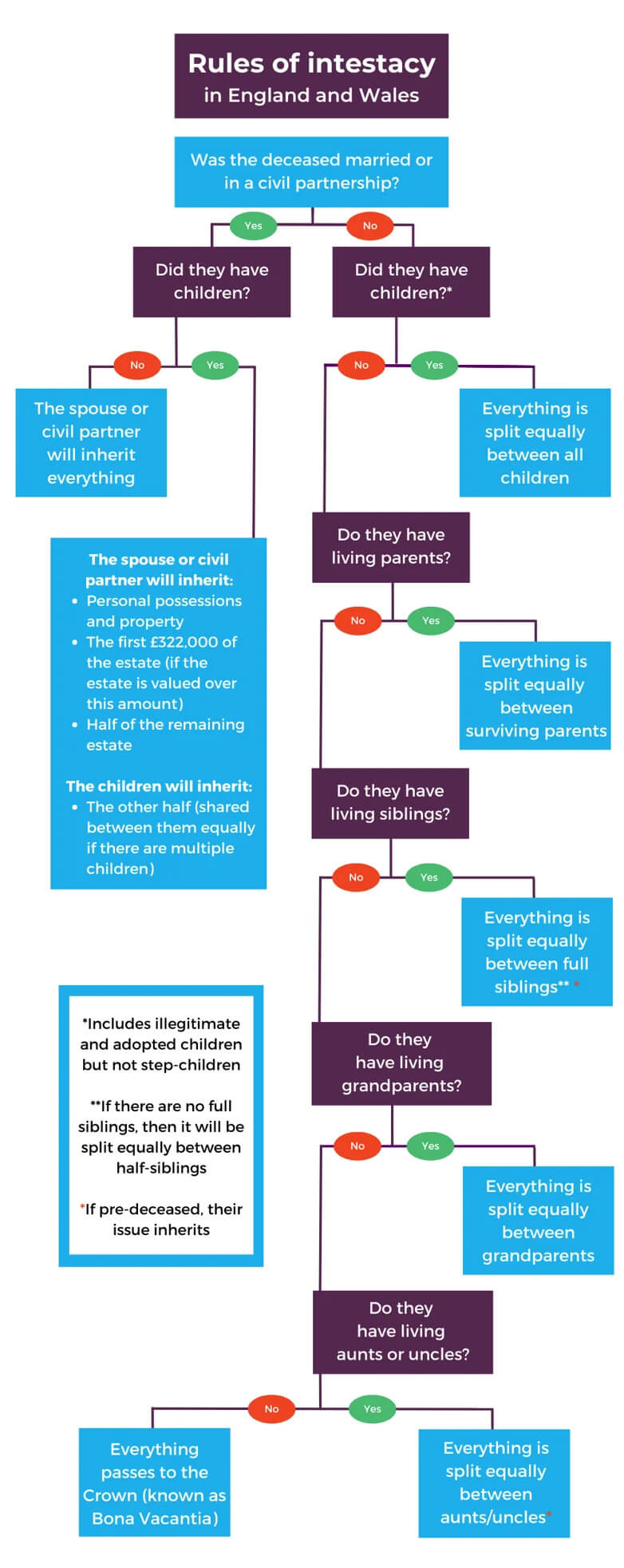Holographic Wills – What Did Aretha Franklin’s Case Teach Us?
A holographic will is a will which has been written entirely by the testator. In England and Wales, a holographic will (like any other will) is only valid if it has complied with the legal requirements set out in section 9 the Wills Act 1837. This states that
“No will shall be valid unless-
(a) It is in writing, and signed by the testator, or by some other person in his presence
and by his direction; and
(b) It appears that the testator intended by his signature to give effect to the will; and
(c) The signature is made or acknowledged by the testator in the presence of two or
more witnesses present at the same time; and
(d) Each witness either-
(i) attests and signs the will; or
(ii) acknowledges his signature,
in the presence of the testator (but not necessarily in the presence of any other witness), but no form of attestation shall be necessary.”
What happened in Aretha Franklin’s case?
The Queen of soul died in 2018 aged 76 years old after losing her battle with cancer. She was survived by 4 sons and left an estate worth about $6m. Initially it was thought she died without having made any wills.
In 2019 two handwritten notes purported to be her wills came to light.
The first note was dated 2010 found in a locked cabinet at her home. It left royalties to be divided equally but stipulated that her second young and youngest sons Edward and Kecalf would require a degree before they would inherit from her main estate, and left her main property equally between her sons Theodore and Kecalf.
The second note was date 2014 and was found under in a cushion on the sofa at her home. The clause excluding Edward and Kecalf unless they obtained a degree was removed and the property was instead to be split between Kecalf and his grandchildren.
A court battle then ensued between Kecalf and Edward on the one side arguing for the 2014 will and Theodore on the other wanting the earlier 2010 will upheld.
3 years later, a court in Michigan determined that the 2014 will was valid and therefore overrode the earlier will.
What could have happened?
If the 2014 was not found valid then the estate would have been divided in accordance to the 2010 will.
Had this happened in the UK, potentially the sons who lost out from the 2010 will could potentially have bought a claim under the Inheritance (Provision for Family and Dependents) Act 1975 for ‘reasonable financial provision’ from the estate.
Had the 2010 will also been declared invalid, then the estate would have been divided in accordance with the rules of intestacy.

Source: See the flowchart provided on Title Research’s website as to how it would work depending on who the testator is survived by.
What lessons are to be learned?
It is not entirely clear what the motivation was for Aretha making holographic wills as they are normally only used in cases of emergency when there is insufficient time to put in place the formalities for making a proper will. Especially as the value of her estate clearly justified the costs of getting a formal will drafted by a legally qualified person.
Her case highlights yet again the importance of estate planning and obtaining advice and assistance for a properly drafted will at the earliest opportunity.
Holographic wills can leave open much ambiguity about whether the testator did sign the will (requiring expert handwriting evidence), whether they had testamentary capacity when writing the will (requiring medical evidence) and exactly what they intended (requiring witness evidence) maybe because the handwriting is illegible or the meaning unclear.
A will can make clear provisions for what a testator wishes to happen to her estate and who is to benefit and the justification.
This avoids conflict between family members who are all still grieving and the inevitable costs and time of a fully contested court case which reduces the amounts which are eventually divided between the parties.
A properly drafted will should also be registered or safely kept with the will writers so there is no ambiguity about whether one exists and therefore how the family should administer the estate in the first place.
Even the rich and famous do not always get things right. Don’t make the same mistakes for the sake of your loved ones.
If you seek legal advice about the legality of a will or would like to challenge a will, contact our dispute resolution experts on 0330 822 3451 or request a call back online.



